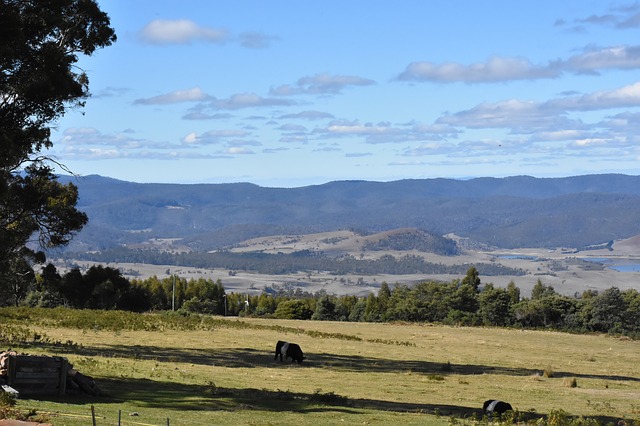



Australia Institute responds to ag-sector criticisms of its latest emissions report
In response to the Australian farming sector's criticism of the Banking on Australia's Emissions report, Richie Merzian, Director of the Climate & Energy Program at the Australia Institute, explains that the report is not an indictment of the agriculture sector.










